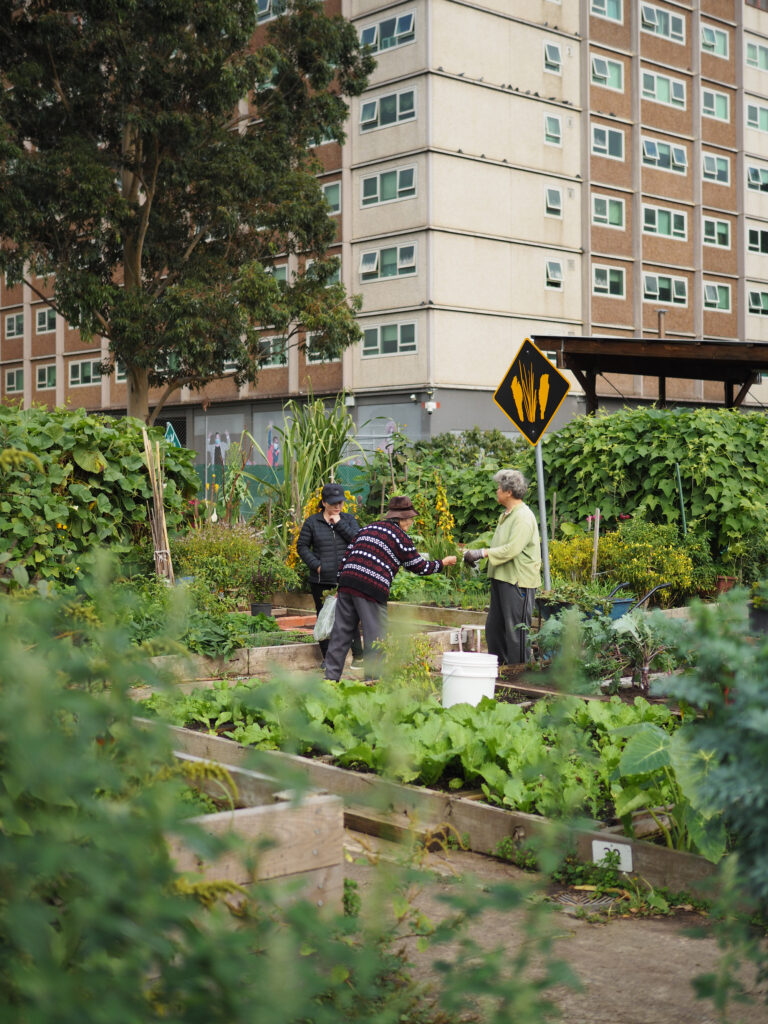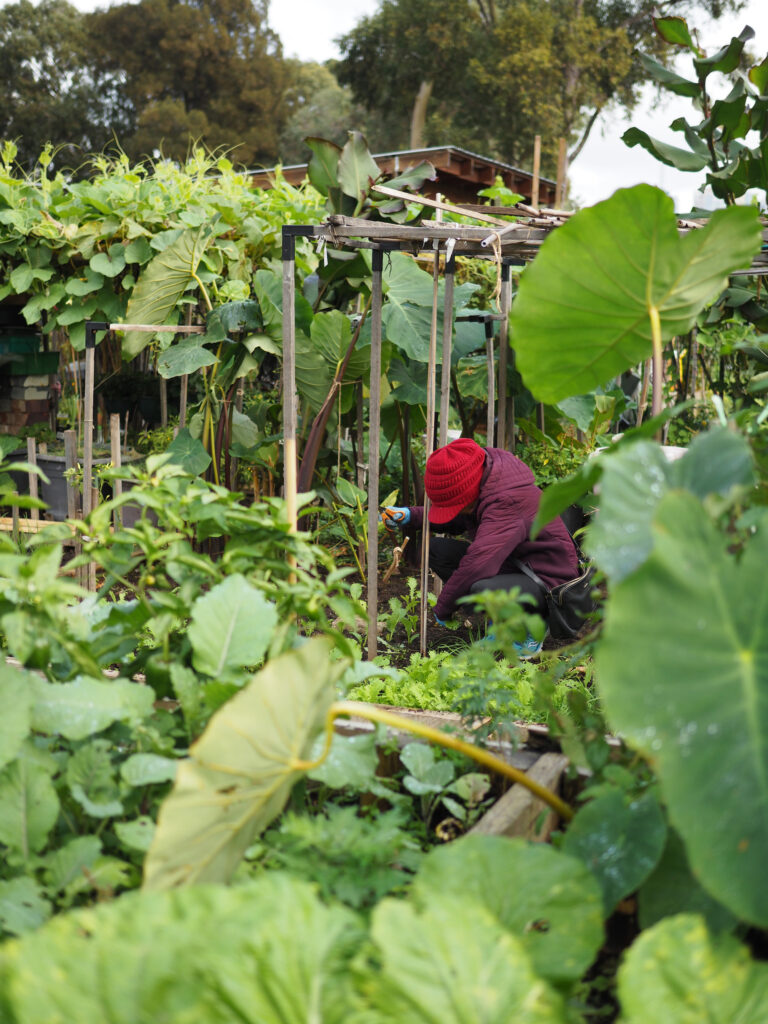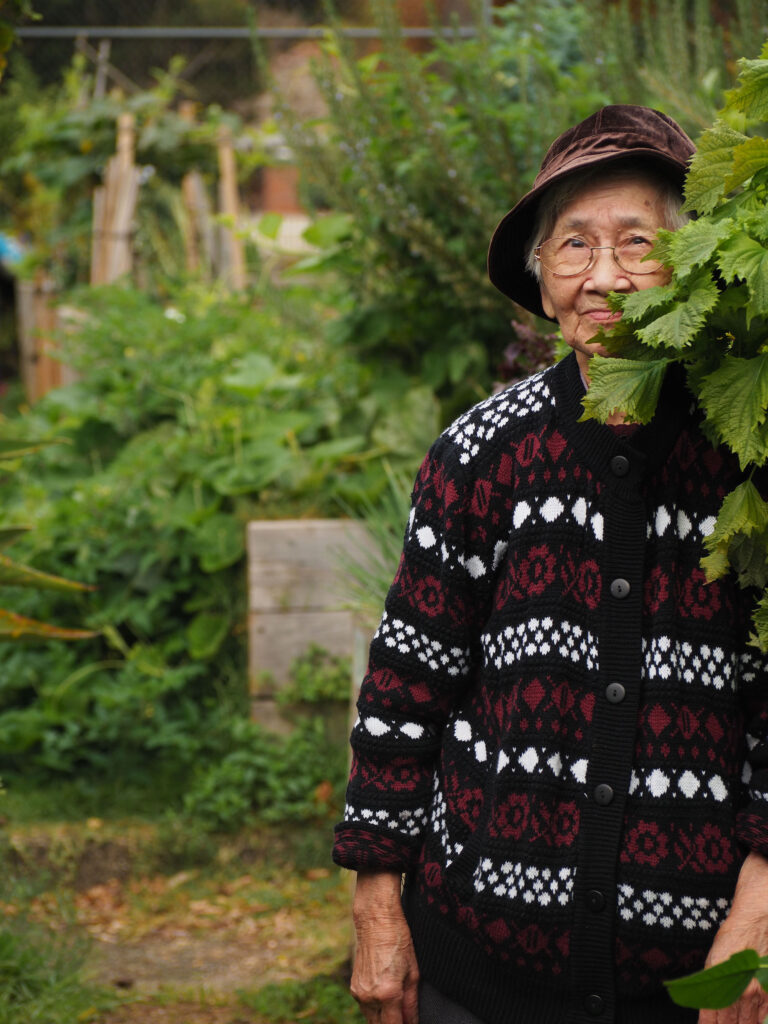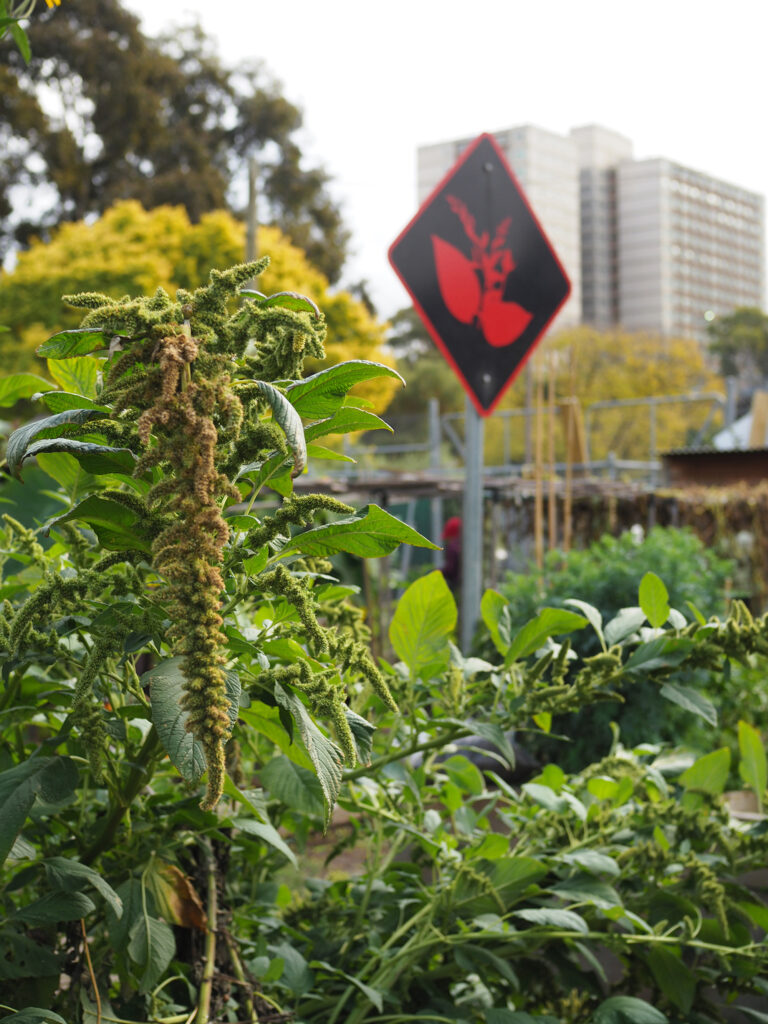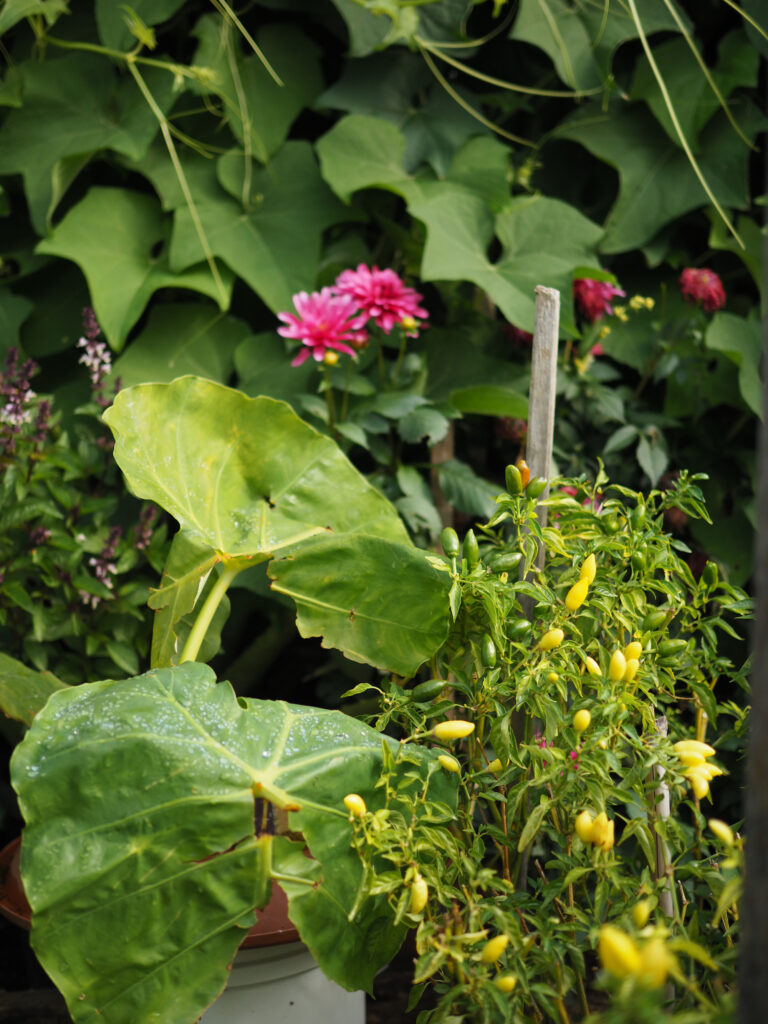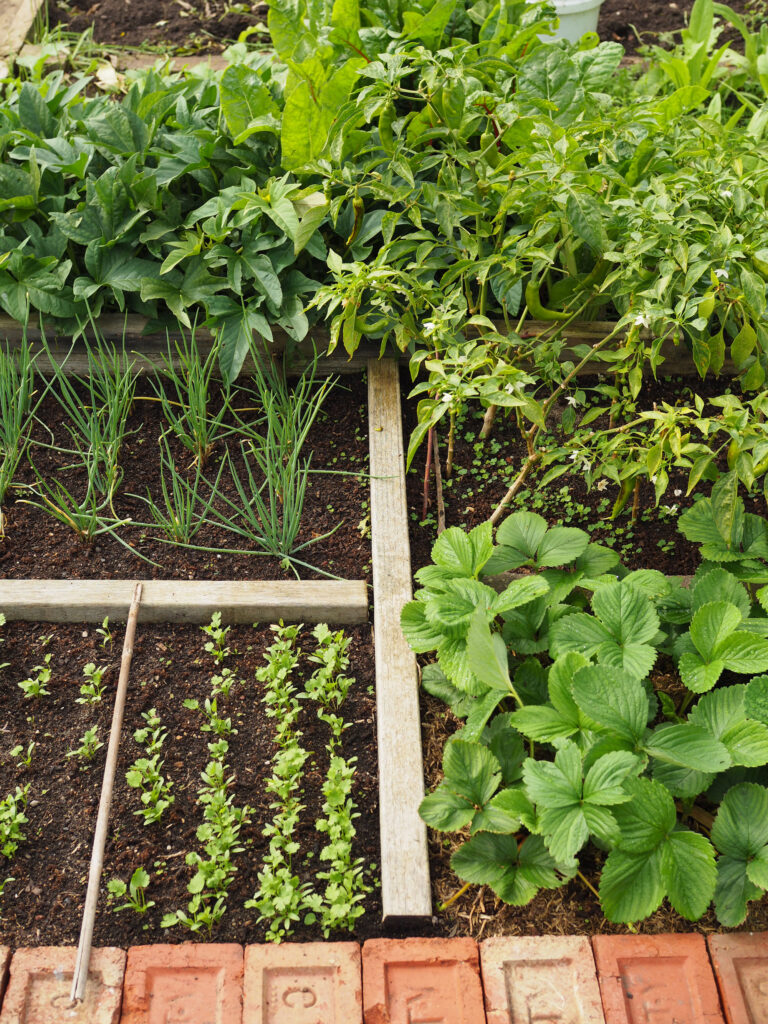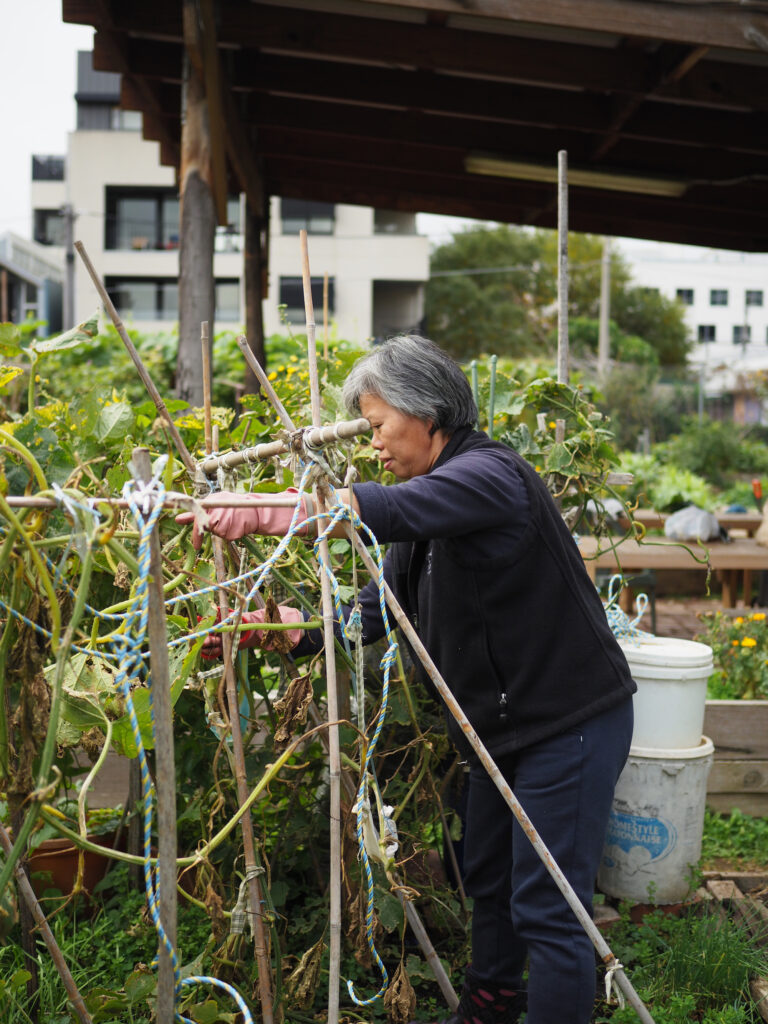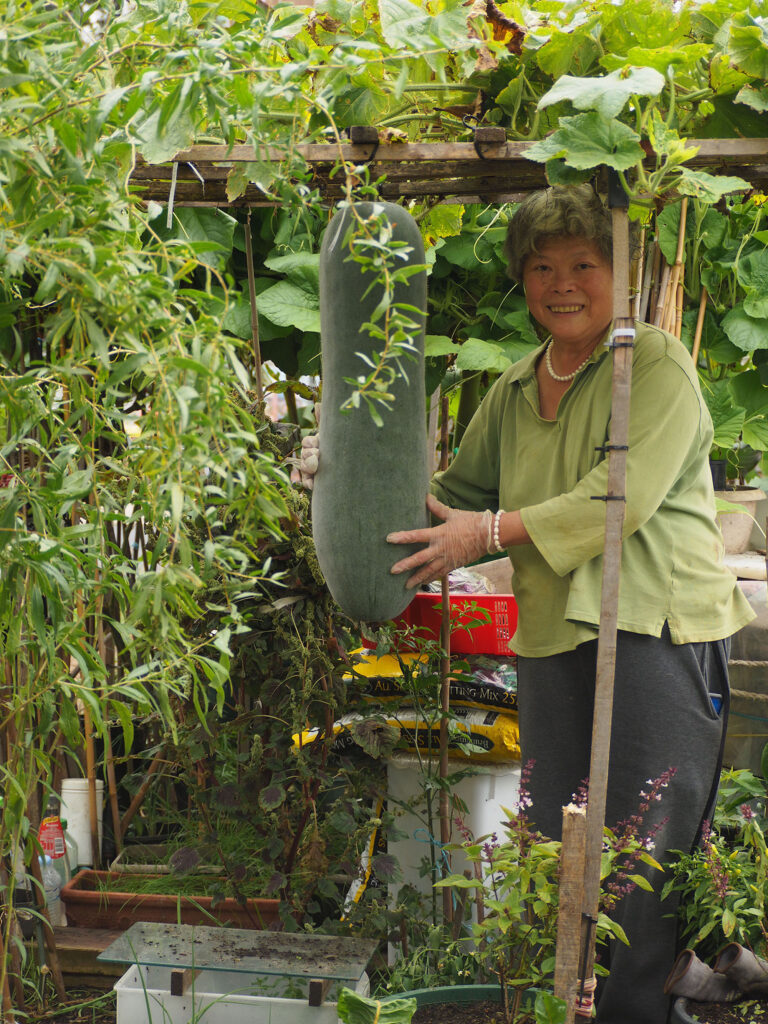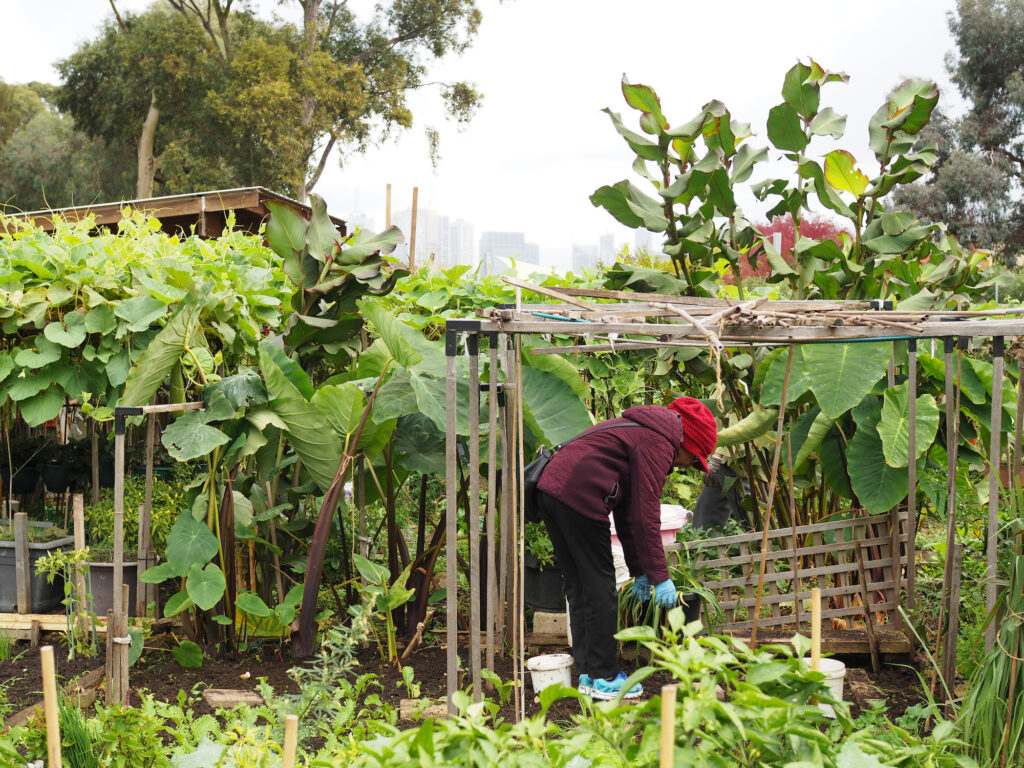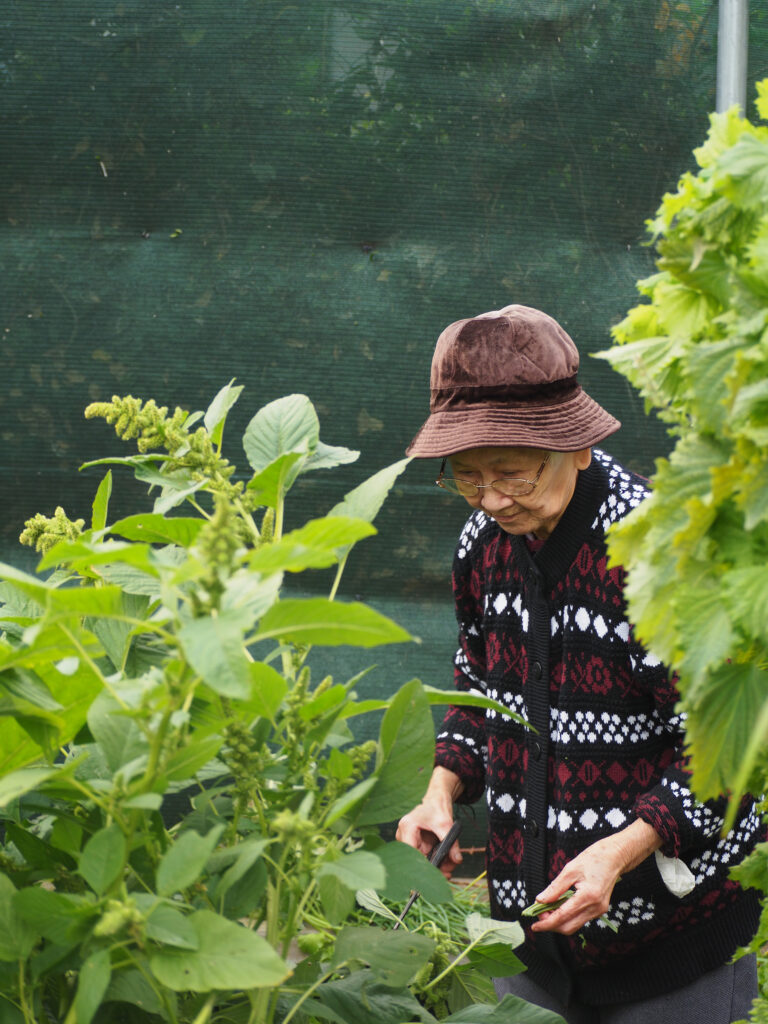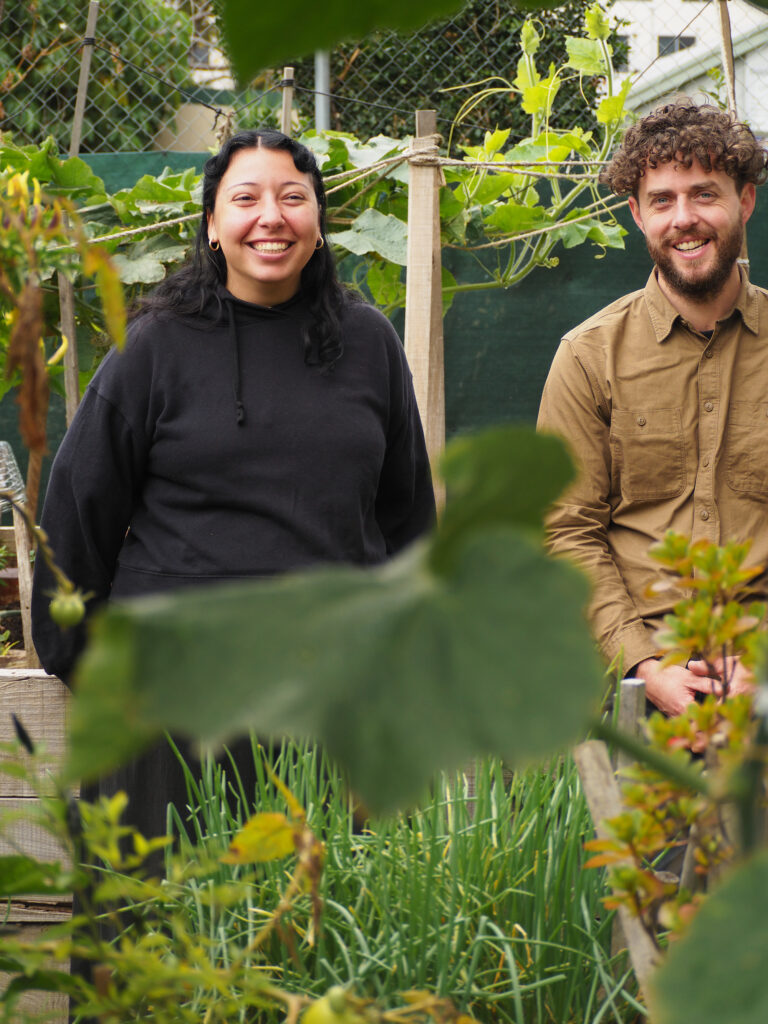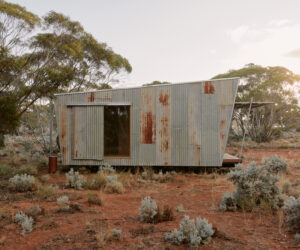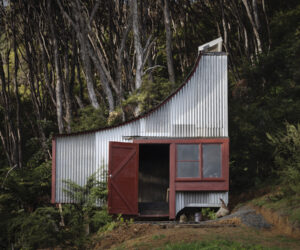Happy Harvest – Urban Community Garden
Urban gardens bring connection, cultural relevance and financial savings to Melbourne’s public housing communities.
There’s nothing quite like eating food you’ve grown yourself. And while not everyone can access land, community gardens can bridge the gap. In public housing, they can play an even more important role.
Last year, the ‘hard lockdown’ of Melbourne’s public housing towers brought long-term issues, like overcrowding and insecure employment, into the spotlight. Home to some of the city’s most vulnerable communities, many public housing estates have little to no outdoor space. According to Rob Rees, CEO of urban gardening non-profit Cultivating Community, many of the towers don’t have balconies; some units don’t even have a window ledge with enough light for a pot plant.
Community gardens give residents of public housing access to their own growing space. Cultivating Community has been connecting residents with gardens for 23 years, starting with a small community garden in the inner-Melbourne suburb of Collingwood. They now have over 700 plots in several public housing estates across the city, which residents can rent for a nominal fee. And, according to Ben Liney, Community Gardens Team Lead, the plots are in high demand. “We’ve never had to advertise or promote the gardens. Gardens are well-known on the estate because they’re right next to the residential buildings,” he says.
Having access to land allows residents to save money by growing their own food. But the benefits of the gardens extend well beyond financial savings: with 34 language groups and a range of cultural backgrounds among the gardeners, the shared spaces can provide an important point of social connection.
As Rob points out, gardening links people to rich cultural and family history as well. “Gardeners talk about their fruits, their vegetables, their herbs – whatever it is they might be growing– as memories of where they might come from or what their traditions are. That excites me,” he says. Many of the traditional foods grown in these gardens aren’t readily available in shops. A former high-end chef and self-proclaimed ‘foodie’, Rob is delighted to discover foods even he’s never encountered. “[I see] all different types of shapes and colours that I’ve never recognised before and just go, ‘Wow, this is stunning!’” he says. Traditional plants, growing styles and recipes are shared between gardeners too, building community bonds within and across cultures.
As any avid gardener could tell you, tending plants can also improve general wellbeing. Ben, a keen home-grower himself, understands this: “Growing food for me is about my wellbeing being connected to where I’m standing.” He loves seeing the joy that gardening brings to the community, and the pride residents take in what they grow. “There [are] stories wrapped into every plant and every plot,” he says.
Gardeners have the opportunity to harvest meaningful, culturally-relevant food all year-round. Sadly, community gardens were hit hard by the pandemic –the restrictions meant that many public housing residents were unable to access their gardens and had to let them go to seed. In response to this, and seeing the additional financial hardship that many residents were experiencing, community gardens across Melbourne pivoted into food aid. Herbs, salad greens and staple vegetables suited to a variety of cultures and cuisines were grown in beds across the city. Existing informal connections evolved into the Moving Feast network, a collaboration of community organisations with food at their core.This network will continue to support Melbourne’s most vulnerable communities into the future.
Thankfully, public housing gardeners have access to their plots once again. Social connections are returning, and fresh homegrown produce is almost ready for harvest. While they couldn’t start planting until late in the season, Ben says the public housing gardens “are full of plants and people growing food –and, yeah, happy all over.”
